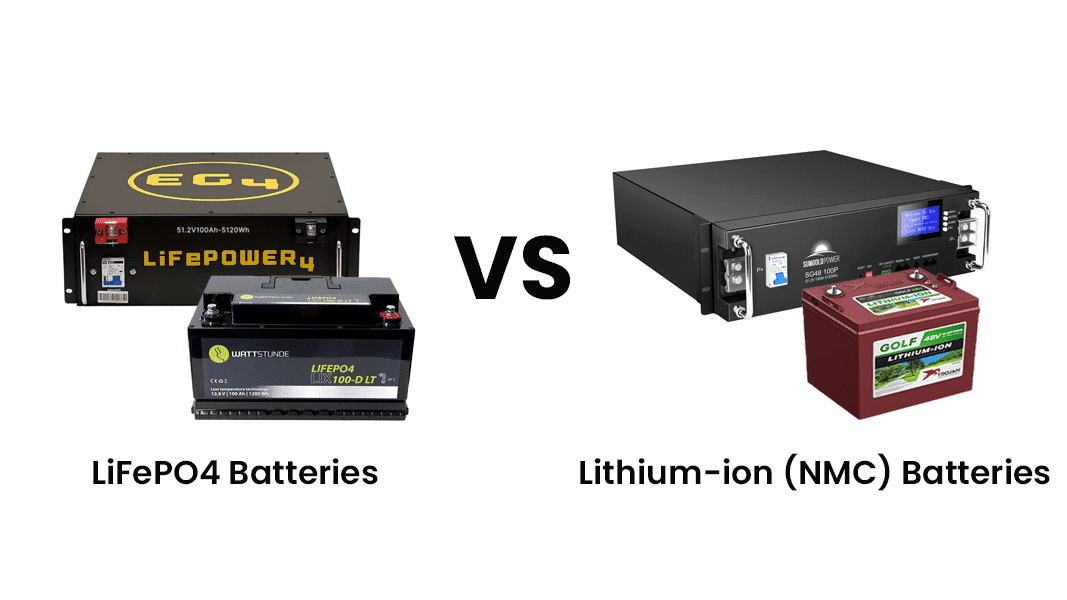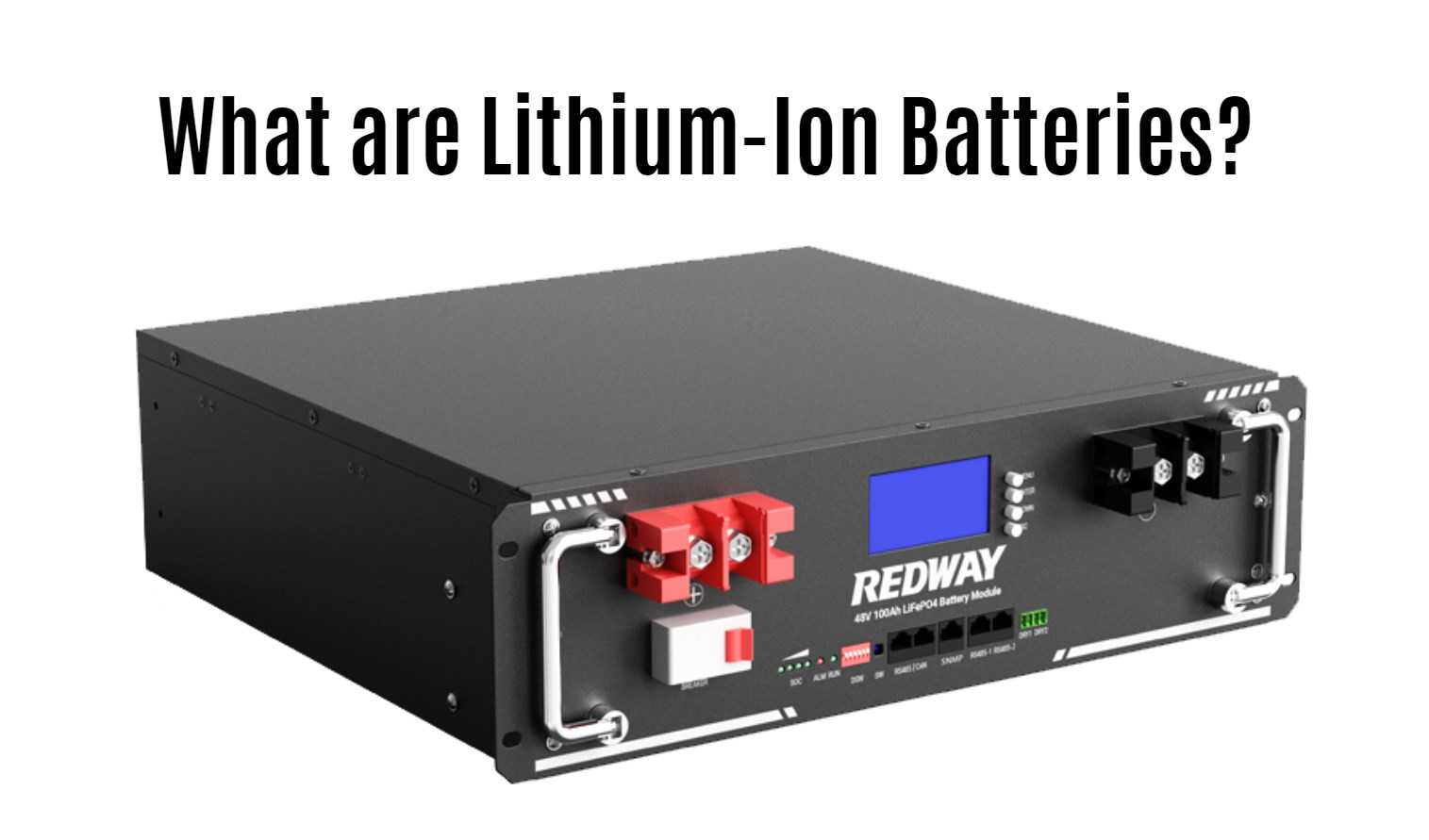The battery industry has witnessed significant evolution over the past few decades, with the rise of lithium-based batteries standing out as a major advancement. Within this realm, two notable contenders – LiFePO4 and Lithium-Ion batteries – have emerged as leading choices for various applications. But how do these two differ, and which is better suited for specific applications? Let’s dive in.
What are LiFePO4 Batteries?
LiFePO4 batteries, commonly known as Lithium Iron Phosphate batteries, utilize lithium iron phosphate as their cathode material. Their distinctive features include:
- Safety: LiFePO4 is considered more stable and less volatile than some other lithium-based cells. This makes them less prone to overheating or catching fire under stress or if damaged.
- Lifecycle: They generally have a longer cycle life compared to standard lithium-ion batteries. This means they can be charged and discharged more times before they lose capacity.
- Thermal Stability: These batteries remain stable at higher temperatures, making them suitable for applications where temperature can be a concern.
- Environmental Friendliness: The absence of heavy metals means that LiFePO4 batteries are less harmful to the environment.
What are Lithium-Ion Batteries?
When people mention “lithium-ion” batteries, they’re referring to a broad category of batteries that use lithium ions as a primary component of their electrolyte. They come in various chemistries, including Lithium Cobalt Oxide (LiCoO2) and Lithium Manganese Oxide (LiMn2O4) among others. Their characteristics include:
- Energy Density: Lithium-ion batteries generally have a higher energy density, meaning they can store more energy for their size than LiFePO4 batteries. This makes them particularly popular in applications like smartphones and laptops where space is at a premium.
- Weight: They are typically lighter than LiFePO4 batteries, another reason they are preferred for portable electronics.
- Voltage: Most lithium-ion cells offer higher voltage, which can be crucial for specific devices and applications.
LiFePO4 vs. Lithium-Ion: A Comparison
- Applications: Due to their higher energy density and lighter weight, lithium-ion batteries dominate the consumer electronics market. Meanwhile, the safety and longevity of LiFePO4 make them popular for larger-scale applications like solar energy storage, electric vehicles, and backup power systems.
- Cost: LiFePO4 batteries can be more expensive initially, but their longer lifecycle can translate to cost savings in the long run, especially in applications where longevity and cycle life are critical.
- Safety: While advancements have been made in the safety of all battery types, LiFePO4 still holds a slight edge in terms of thermal stability and overall safety.
Conclusion
Both LiFePO4 and lithium-ion batteries have their merits, and the best choice often comes down to the specific requirements of a given application. If you’re seeking a battery for a portable electronic device, a standard lithium-ion battery might be the way to go. However, if you’re looking at larger applications where safety, longevity, and thermal stability are paramount, then LiFePO4 could be a better fit. As with all technological choices, it’s essential to evaluate your needs and do thorough research before making a decision.





